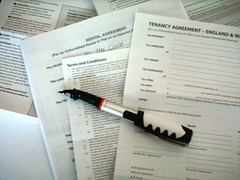
A recent Employment Appeal Tribunal case was of interest for tax purposes as it considered whether an individual was employed or self-employed in fairly unusual circumstances, as well as a related legal point on whether illegality in reporting the income from the engagement could prevent a claim being made in relation to the contract.
The case concerned Ms Quashie, who had worked as a dancer at Stringfellows from June 2007. An interesting element of the case concerns the fact that the dancers were not paid by the the club, but actually paid the club to be able to work there.
The tribunal considered whether the elements of control and mutual obligation still created an overarching “umbrella” contract of employment despite this.
The key factors appeared to be the requirement for dancers to turn up if they were rostered to appear, and a requirement to attend team meetings every Thursday morning. Fines were levied for failures to attend in these circumstances.
Based on these factors, the tribunal found that there was an employment contract which covered the full period of her engagement.
A further interesting aspect of the case related to illegality. Ms Quashie had completed tax returns on the basis that she was self-employed and had claimed a number of expenses which the tribunal believed had been misrepresented. These included £20 per week for the use of her home, motor expenses and “depreciation and loss of profit”.
The judge pointed out that false returns to HMRC can make the performance of a contract illegal and therefore prevent a claim being made by the taxpayer for a breach of the contract.
The case was referred to a full employment tribunal to consider Ms Quashie’s claim for breach of contract on the basis that she was employed but direction was given for the tribunal to consider the illegal performance aspect further.

